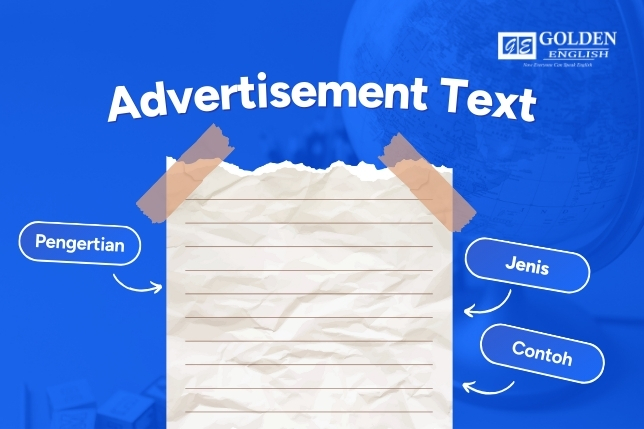Kita menggunakan to-infinitive untuk:
- Untuk mengungkapkan tujuan
He locked the door to keep everyone out
She studies English to get the best score
Kita juga bisa menggunakan kata ‘in order to’
She woke up early in order to do exercise in the morning
Atau, kita juga bisa menggunakan ‘so as to’
She woke up early so as to do exercise in the morning
- Setelah kata kerja tertentu, khususnya kata kerja ‘perasaan dan pikiran’
Choose, decide, expect, forget, hate, hope, intend, learn, like, love, mean, plan, prefer, remember, want, would like, would love
I decided to start a business tomorrow
Don’t forget to turn off the lamp when you want to sleep
- Setelah kata sifat tertentu. Biasanya to infinitive berfungsi sebagai alasannya (reason)
Dissapointed, glad, sad, happy, anxious, pleased, surprised, proud, unhappy
I’m happy to meet you = I’m happy because I meet you
I’m dissapointed to get a bad score in English = I’m dissapointed because the English score is bad
Perlu diingat bahwa to infinitive selalu menggunakan base form of the verb atau dengan kata lain, verb 1, bukan verb+ing atau gerund, verb 2, dan bukan pula verb 3.
| Benar | Salah |
| To see | To seeing |
| To meet | To met |
| To eat | To ate |
| To go | To gone |
| To have | To had |
Jika kalian pernah membaca kalimat seperti ini: I’m looking forward to attending the party, maka itu bukanlah to infinitive karena to bertindak sebagai preposition. Makin bingung ya? Simak artikel kita mengenai preposition juga ya!





